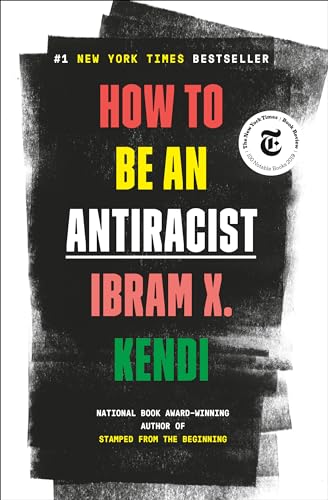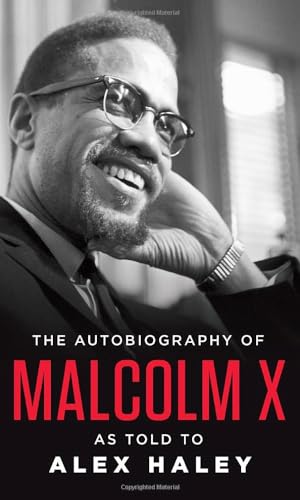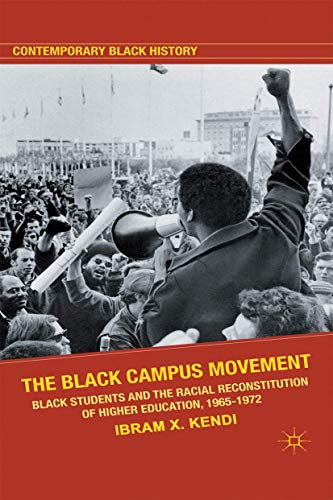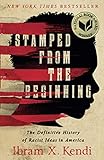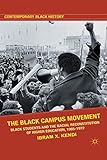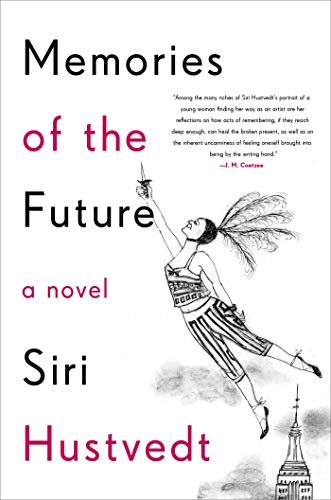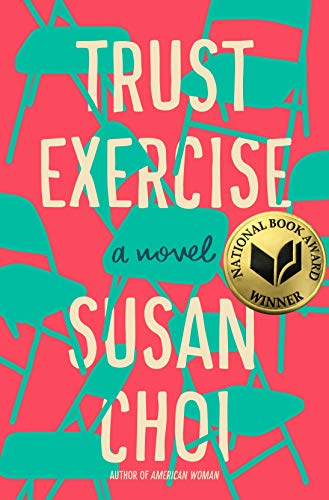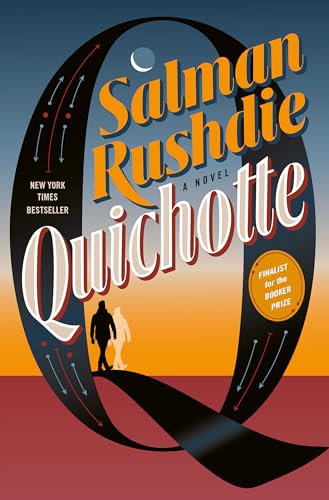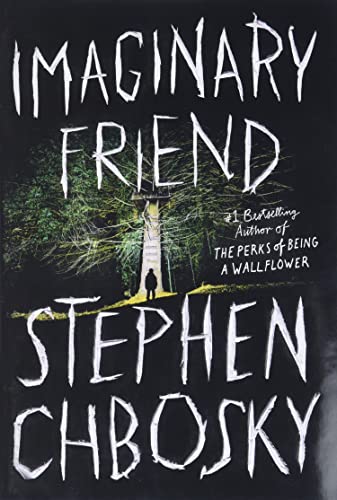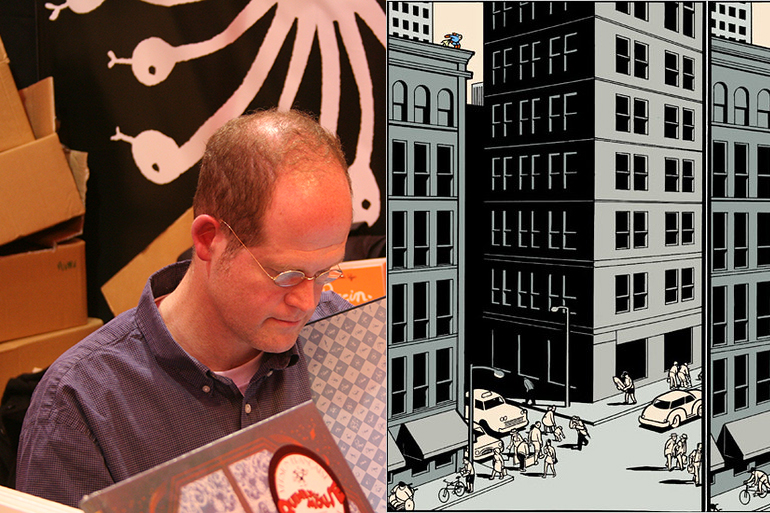There have been millions of pages written about what racism is and who is a racist, but there have been fewer pages devoted to the concept of organizing around antiracism. Now Ibram X. Kendi, a historian at American University, has produced a major work that defines and refines the concept of antiracism using a multidisciplinary approach that encompasses, history, critical theory, science, ethics, and the law.
In How to Be an Antiracist, Kendi offers a multipronged examination of antiracism layered within an introspective account of his own life story, which in turn provides a vital blueprint and schematic for the prospect of creating a just society. The book is the long-awaited sequel to Kendi’s critically acclaimed 2016 work, Stamped from the Beginning: The Definitive History of Racist Ideas in America, which was awarded the 2016 National Book Award for Nonfiction. (Kendi was then 34, making him the youngest author to win the award.) Stamped is an unblinkered analysis of race, which is described by the author as a fluid and formidable social construct that permeates even those who fight against it, such as abolitionists and liberals, who may also hold racist views. The book is a compelling and comprehensive survey of 500 years of racist ideology that has taken root in the United States, expressed through an examination of the lives of such key historical figures as W.E.B. Du Bois, William Lloyd Garrison, Thomas Jefferson, Cotton Mather, and Angela Davis, whose thought Kendi considers the closest to his antiracist ideal.
How to Be an Antiracist, Kendi says, has its origins in discussions about Stamped during and after speaking engagements. “People would constantly say, ‘Tell me how I can be antiracist,’ ” Kendi recalls. “The more the question came up, the more I realized that I had another book on my hands.”
How to Be an Antiracist is a primer on the concept that defines, analyzes, and deconstructs structural racism via the adoption of antiracist ideologies and practices. Kendi opens each chapter with a capsule definition of terms. He defines racists as those who are “supporting a racist policy through their actions or inaction or supporting a racist idea,” while antiracists are those who are “supporting an antiracist policy through their actions or expressing an antiracist idea.”
Racist ideas, Kendi explains, do not come from ignorance or hate but from a need to justify destructive racist social and economic policy, such as the impact of capitalism on black communities. “To love capitalism is to end up loving racism; to love racism is to end up loving capitalism,” he notes. “The conjoining twins are two sides of the same destructive body.”
Kendi’s analysis of racism is also laced with passages about his own life—similar to autobiographical passages in the works of the authors he examined in Stamped. Kendi says that The Souls of Black Folk and The Autobiography of Malcolm X are antecedents to his approach. “[Malcolm X] was so self-critical and self-reflective, which I think allowed people to open up to his story and his development,” he adds. “That’s one of the things that inspired me: how self-critical he was. For my book to be effective, I had to be willing to critique myself to my core.”
In one poignant reflection from his book, Kendi recalls a searing, Booker T. Washington–style “pull yourself up by the bootstraps” speech he delivered during a speaking competition when he was a high school student. It was full of the kinds of admonitions religious and political conservatives love to hear. The speech chastised black youth who don’t “value education,” who climb “the high tree of pregnancy,” or believe that it’s okay “not to think.” Kendi says the speech embodied ideas he would later attack through the clarifying lens of antiracism.
“The process of me writing the book was also a process of me remembering and reflecting on my own personal journey,” Kendi says. “I realized that in that speech in particular I had consumed antiblack racist ideas. And thousands of people who were also black were applauding me. Most Americans—including black Americans—denigrate poor black people, the black queer community, and black culture. Or, on the flip side, when black people say that white people are devils and aliens—I understand the historical context of how and when black people started making that case. It was in the late ’60s, when racist Americans were calling black [political] activists racist.”
These activists responded, Kendi explains, by claiming they “couldn’t be racist because they didn’t have power.” He adds, “They were, of course, trying to seize power. Their case was made in a political discourse, and it was deeply reactionary.”
Kendi grew up in humble circumstances in Queens as a hip-hop loving kid with intellectual promise. His intellectual evolution began at Florida A&M University, a historically black college, where he received a BA in journalism in 2004. Then at Temple University he earned an MA and PhD in African-American studies under Ama Mazama, and studied with Molefi Asante (founder of the department’s doctoral studies program), and began to study the concept of Afrocentrism—the study of world history from the perspective of African people and their history—as an intellectual discipline.
“When you study with Asante, you absorb and develop an appreciation of African culture worldwide,” Kendi says. “And you understand the black experience from the perspective of black people. That was very critical. At Temple, you saw people who were prolific, and who were constantly engaged in intellectual struggle.”
Kendi went on to teach at the State University of New York’s campuses at Oneonta and Albany and then at the University of Florida before heading to American University in 2017. His first book, 2012’s The Black Campus Movement: Black Students and the Racial Reconstitution of Higher Education, 1965–1972, is a history of black students on black and white campuses nationally, detailing their impact on making colleges and universities more diverse in their curriculum and admissions.
Kendi’s unsentimental approach to problems of race would steel him for the ordeal of writing How to Be an Antiracist while undergoing treatment after a diagnosis of stage IV colon cancer. “When you are facing death, you look around and think about what you want to do before you die,” he says. “Near the top of my list was finishing this book. I realized it could have been my last contribution to the world.”
Fortunately, the threat of cancer has passed with treatment, and Kendi’s latest book will not be his last. He currently writes op-ed pieces for The Atlantic which have also appeared in The New York Times and The Guardian. He is also the founding director of the Antiracist Research and Policy Center at American University in Washington, D.C., a nonprofit that, according to its website, produces research supporting “the innovation and enactment of antiracist public policies at the local, state, and national level.”
Kendi embraces the role of public intellectual but takes pains to define the position broadly. “I admire students who have the greatest desire to know and to crave knowledge,” he says. “That’s what makes one an intellectual—it’s not having a college degree or a PhD; it’s not knowing a lot of information. A person from an environment with no resources can still have a tremendous desire to know and can still be more of an intellectual than someone who is surrounded by books.”
Rallying around the concept of antiracism is more about doing than it is about being, Kendi says. “No one becomes racist or antiracist,” he adds. “It’s not who you are; it’s what you’re doing at the moment. That’s why so many refuse to accept being called racist—because they think it’s a fixed conception. But it’s not fixed: humans are deeply complex and contradictory. We have the capacity to change—and to be antiracist.”
This piece was produced in partnership with Publishers Weekly and also appeared on publishersweekly.com.
